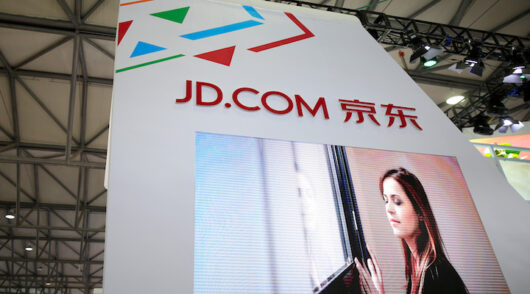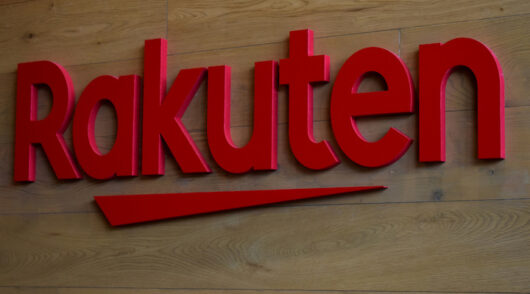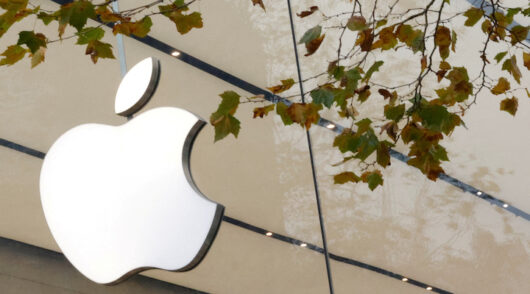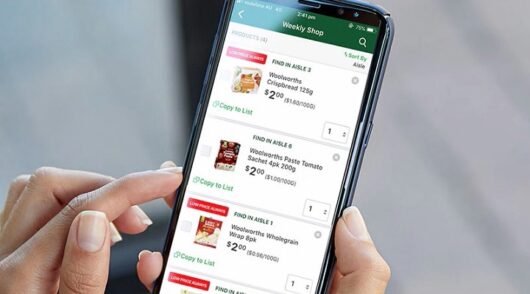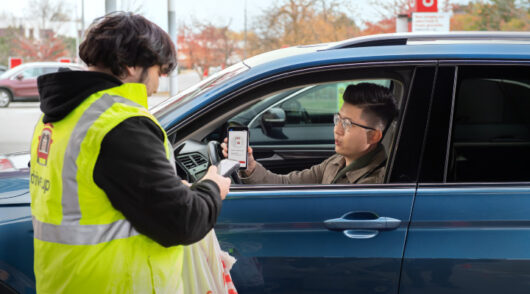An innovative new website aiming to solve long standing issues around authenticity in the luxury alcohol category has launched. Meet BlockBar, the world’s first direct-to-consumer NFT marketplace for wines and spirits.
One of the fastest growing markets that arose in the last few years is the sale of Non-Fungible Tokens (NFTs) – unique digital assets sold exclusively to a single buyer, and which represent a new concept of digital scarcity.
BlockBar allows customers to buy authentic, often exclusive, wines and spirits directly from brands to receive an NFT (replacing the traditional ‘authenticity guarantee’) and hold the customer’s product in a secure facility in Singapore. This facility has around-the-clock security and is temperature controlled to ensure the product is kept in its ideal environment – taking the hassle out of the storage of high-end wine and spirits for the customer.
Sam Falic, together with his cousin Dov, launched BlockBar in 2021, off the back of working at Duty Free Americas, a family-owned chain of stores that operate across more than 200 sites in major airports internationally, operated by The Falic Group.
Through this work, the pair noted a number of difficulties that exist within the luxury wine industry, and which the blockchain was uniquely positioned to solve.
“Having been in the spirits industry for a number of years, we noticed the issues consumers and brands were facing in the world of wines and spirits,” Sam, co-founder and president of Blockbar, told Inside Retail.
“Our goal was to find a role for NFTs where they would solve a real problem we saw in the market – transparency, authenticity, quality assurance, and storage – issues that consumers and brands typically face in the wine and spirits industry.”
At any time, the customer can ‘burn’ their token to have the physical product shipped to them, resell it through the BlockBar marketplace platform, or gift it through the business’ new gifting feature.
All aboard
When someone buys an NFT, they become the sole owner of the asset in question, be it a piece of art, music, or a token for tangible item. And as the market matures (it has been around since 2012, at least) brands are finding new ways of utilising this specific form of ownership.
But it was between 2018 and 2021 when NFTs hit the big time. In 2021, the sale of NFTs surpassed $40 billion according to Bloomberg, catching up to the total size of the global fine art market, and it’s expected to hit $80 billion by 2025.
Combining NFTs with the luxury spirit space is an innovative solution to some of the biggest hurdles that exist within the industry, and which has seen several of the world’s biggest brands jump on board.
In January, the business launched an “ultra rare” collection with Penfolds earlier this year, and has also worked with Patrón, Dictador, Hennessy, Royal Salute and Glenfidditch, among others.
The Falic family has a history of working with luxury brands, having been involved in the sale of high-end wines and spirits through Duty Free Americas, owning the Perry Ellis, Eva Longoria, Christian Lacroix, and Animale brands through its Falic Fashion arm, and has also served as a distributor of Estee Lauder, Urban Decay, L’Oreal, Cartier, and Hermes.
“Our launch release with Glenfiddich sold out in four seconds, and since that release, a few bottles have been resold on our marketplace,” Dov told Inside Retail.
“We’ve had a fast start since launch in October 2021, and we’re honoured the world’s leading luxury wine and spirit brands have partnered with [us]. We’re helping these heritage brands innovate and reach a new luxury audience.”
And, according to Sam, it’s attracting luxury buyers of all ages – connecting young customers with the traditionally old-fashioned luxury market, and older consumers with NFTs and the blockchain.
Like many online businesses, BlockBar has seen impressive growth throughout the pandemic due to a huge increase in the use of e-commerce, as well as the increasing understanding of cryptocurrency (BlockBar accepts) and NFTs.
According to Sam, the ‘digital’ part of NFTs is key to the concept’s success – especially among younger generations who are increasingly looking to travel, compared to older generations who were able to more easily enter the housing market.
“People are on the move now and having the ability to own assets and investments without the physical item tying you down is a huge benefit,” Sam said.
“Technology is advancing, and regardless of what the impact is, we think everyone wants to own cool things, but there is no need to store those things yourself anymore.”


